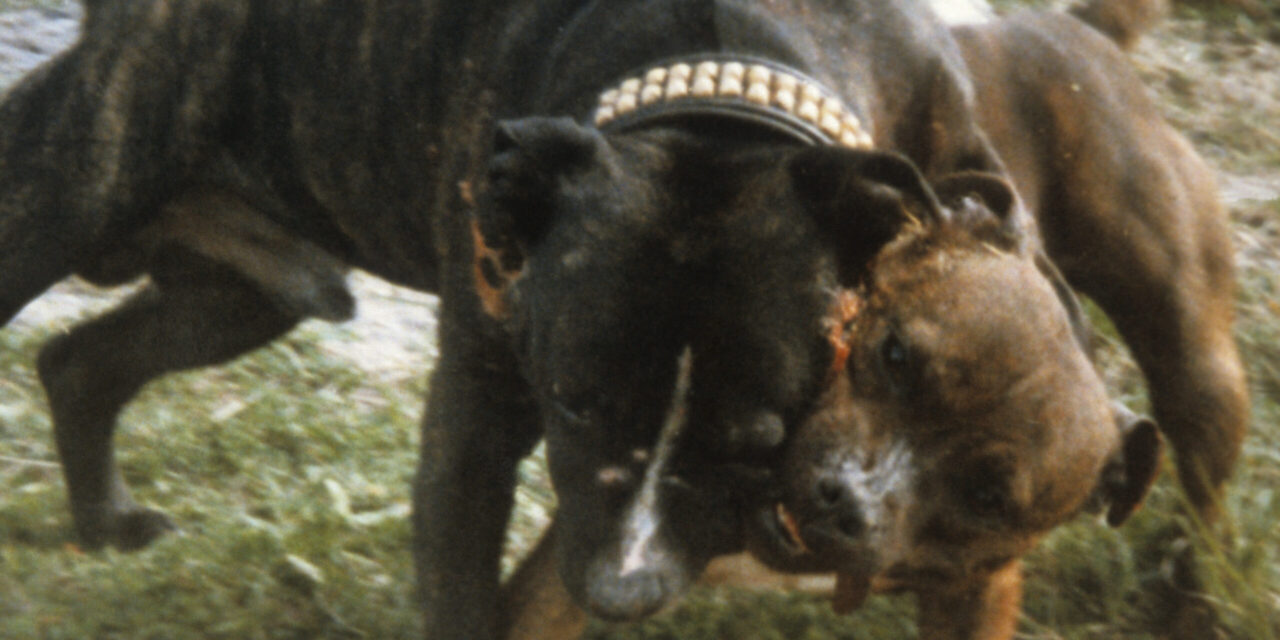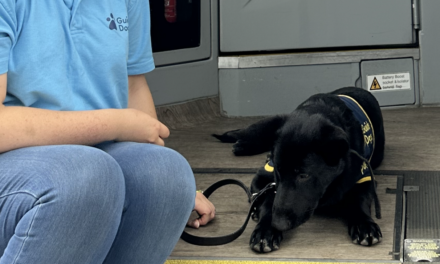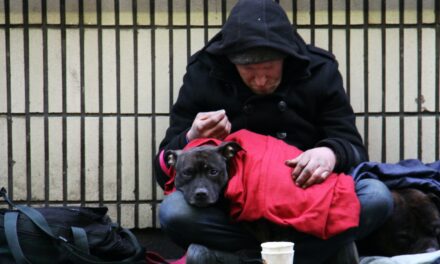The RSPCA has reported a significant rise in the number of calls regarding organised dog fighting in England. According to new figures, there has been a 35% increase in reported incidents from 2020 to 2023.
The number of dog fighting incidents reported to the RSPCA increased from 399 in 2020 to 537 in 2023, marking an 8% year-on-year rise from 2022 to 2023.
Efforts to Combat Dog Fighting
The RSPCA’s Special Operations Unit (SOU), a specialist task force dedicated to investigating serious and organised animal crime such as dog fighting, has been actively pursuing these cases. Chief Inspector Will Mitchell of the SOU highlighted the ongoing issue, stating, “Dog fighting is a draconian and barbaric bloodsport which many people believe society has left behind in history. Sadly though, the reality is that we continue to investigate cases today, involving sophisticated networks of people whose passion is breeding, training, arranging and fighting dogs.”
Recently, the SOU successfully dismantled a dog fighting ring following a two-year investigation, showcasing the importance of continued efforts and support for their ‘No Animal Deserves Cruelty’ campaign. This campaign aims to raise funds to support the rescue teams’ ongoing work.
Regional Data and Challenges
Between 2020 and 2023, the RSPCA received 1,734 reports of organised dog fighting in England, with an additional 97 reports from Wales. The most reports came from London (186), Greater Manchester (123), and the West Midlands (121). Despite the high number of reports, prosecutions remain challenging due to the secretive nature of the gangs involved.
Five individuals were recently sentenced for their involvement in a dog fighting gang that operated across England, Ireland, and France. The RSPCA’s Operation Ghoul, a two-and-a-half-year investigation, concluded in June with the rescue of 19 dogs from properties in Essex and Merseyside. Evidence from mobile phones revealed photos, videos, and match reports detailing brutal dog fights and the injuries inflicted.
The Harsh Reality of Dog Fighting
Ian Briggs, head of the RSPCA’s Special Operations Unit, described the severe conditions faced by dogs involved in fighting. “We’ve seen cases in which dogs are forced to fight to the death or are left with catastrophic injuries such as broken legs and deep puncture wounds to their heads and faces. Tragically, the suffering for these dogs doesn’t end in the fighting pit. Injured and dying dogs can be electrocuted to death or even drowned in bathtubs before their bodies are burned to ash.”
Many dogs used in fighting are never found, and those that are rescued sometimes fall under the Dangerous Dogs Act, preventing them from being rehomed. Winning dogs, although prized, suffer serious injuries and are often treated with DIY vet kits without proper pain relief or anaesthetic, preparing them for the next fight.
Public Involvement and Awareness
Will Mitchell urged the public to be vigilant and report any suspicious activities related to dog fighting. Signs include dogs with scars on their face, front legs, and hind legs, damaged ears, and puncture wounds. Suspicious activity may also include hiding dogs in outbuildings or kennels and not exercising them in public, as well as groups of people meeting with their dogs.
Eight-year-old Cane Corso Beau was one of several dogs rescued by the RSPCA from a dog fighting investigation in Lincolnshire. After being taken to private kennels and then moved to the RSPCA’s Southridge Animal Centre in Hertfordshire, Beau underwent six months of training and rehabilitation. In 2020, Beau was adopted by Caroline Moore and Mark Dorett from Walthamstow, London. Caroline described Beau as “loving and gentle; he’s a really beautiful soul. He is our baby, our pride and joy. We’re so proud of him and the dog he has become.”
The RSPCA continues to fight against dog fighting and urges the public to support their efforts through the ‘No Animal Deserves Cruelty’ campaign. For any concerns about dog fighting, individuals are encouraged to contact the RSPCA cruelty line at 0300 1234 999.








